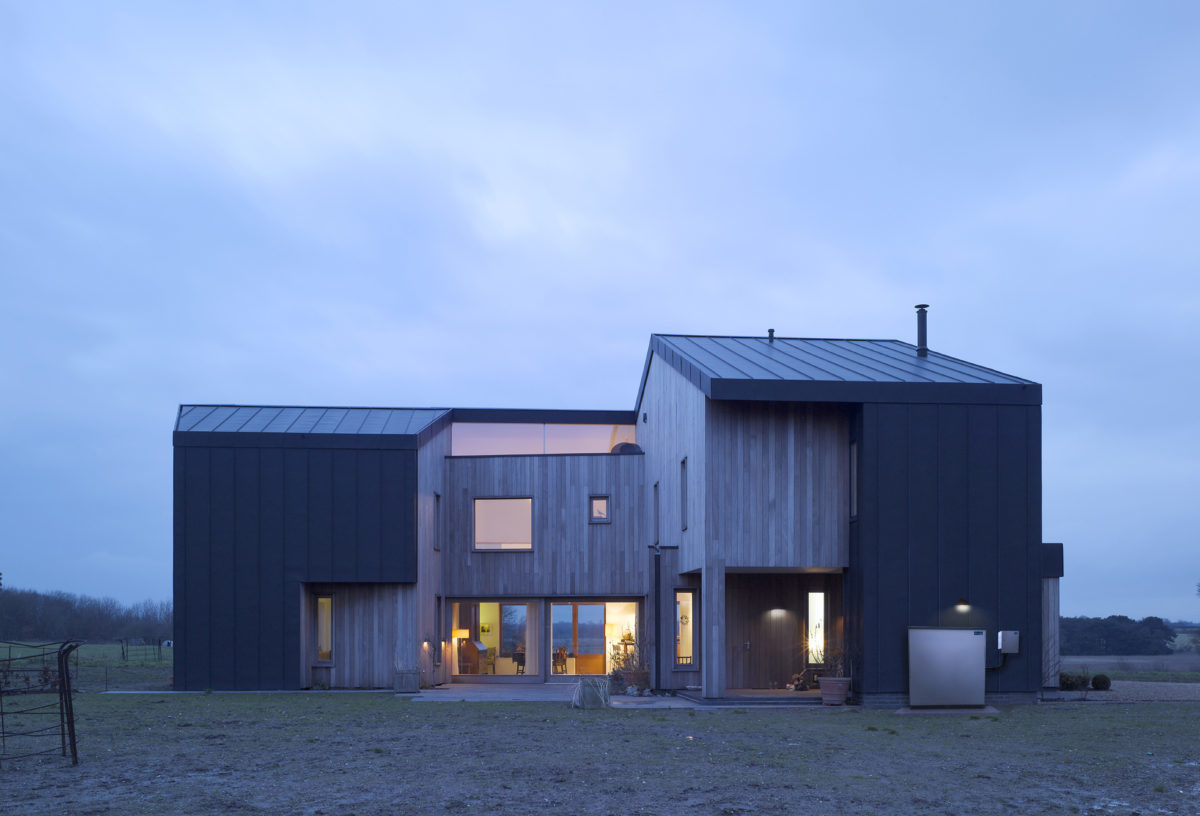Home batteries might still be a big-ticket item, but choices are emerging in the integrator zone that will make sense for different users, broadening the market for rooftop solar as they go. EVO Power is a new player in the solar storage sphere, offering turnkey 24 kWh to 60 kWh AC-coupled solutions that combine LG Chem lithium-ion battery modules with Australian-manufactured Selectronic inverters, and Newcastle-developed SwitchDin droplet controllers.
At that size, the EVO Power offering is intended to go offgrid, keeping farmhouses and agricultural processes turning in areas where there is no connection. or the grid is unreliable. Commercial operations are also in EVO Power’s sights, Jamie Allen, the company’s managing director, told pv magazine.
“Commercial customers may have a 30 kW or 100 kW solar array up on their shed or warehouse roof, and are now interested in adding batteries to reduce peak demand tariffs, and provide backup power for some circuits that power their fridges or other critical appliances,” Allen said.
Future consumers
Earlier this month, Allen launched EVO Power’s first ESS range, Prime, but has been designing and testing the integrated package over the past year. He said during that period that he has also received enquiries from councils in areas that are prone to blackouts, bushfires or cyclones. The potential to become independent from the grid in times of crisis, and keep essential services and communications flowing to regional communities, is driving interest in solar-plus batteries.
Allen was previously general manager for LG Chem in the Asia-Pacific region. He said this is a moment in time when new battery standards are forcing the switch from lead-acid to lithium-ion suppliers. “With the rapidly declining costs of lithium batteries, mostly driven by EV manufacturing, it’s enabling big battery brands like LG Chem to enter these new spaces,” he claimed.
Allen and his business partners saw an opening for high-quality, reliable integrated systems that could go offgrid, but which also prepared owners for participation in virtual power plants.
The inclusion of SwitchDin Droplet technology with all Prime battery power systems enables energy monitoring and management, provides advanced data logging for warranty support and enables virtual power plant functionality – allowing owners to participate in energy markets with ease.
SwitchDin CEO Andrew Mears said the company’s partnership with EVO Power “demonstrates how we help manufacturers and their customers get the most out of their behind-the-meter assets by making them smart and visible to energy service companies.”
Some 30 global manufacturers of PV inverters, batteries and energy meters utilize the cloud-based SwitchDin VPP and microgrid-management platform. From its base in Newcastle, the company works with utilities and energy users worldwide to smoothly integrate distributed energy systems into electricity networks.
“We’re adding value for the customer with an eye on the future,” Allen said of the SwitchDin capability.
High-end residential
Designing the Prime system housing to be aesthetically pleasing, low profile and easy to install is part of the company’s strategy to also make battery energy storage part of a sustainable life for owners of larger homes. For them, the average residential battery of 10-13 kWh doesn’t cut the mustard, power the pool pump, energize the entertainment system, and so on.
The plug-and-play architecture of EVO Power’s Prime range is principally intended to minimize time onsite and cost for installers who will most often be delivering the systems to remote, regional or rural areas. It reduces installation times from typically three or four days when dealing with individual components, to four or five hours.
EVO Power is developing an installer network that reflects its purpose to design, deliver and provide service and support to offgrid and metro Australia. “In Tamworth, for example, we want to provide a local partner, a trusted, established business that customers can call on,” said Allen.
The company tests its systems at an in-house environmental simulator that can dial down the temperatures to the -5 C that people living in Australia’s mountainous regions in winter might experience, and dial them up to the 50 C that equipment will be subject to in tropical or arid areas.
Although the track record of South Korea-based LG Chem in lithium battery cell technology was essential to Allen’s vision for reliability and warrantable quality, his philosophy is to work with Australian suppliers of components wherever possible, to boost the local ecosystem of Australian manufacturing and skilled jobs, and also to ensure local technical support.
“A lot of products come in from unknown factories in parts of Asia and when something goes wrong, they can go missing, leaving consumers empty handed. We want to be a long-term Australian-supported manufacturer,” he said.
This content is protected by copyright and may not be reused. If you want to cooperate with us and would like to reuse some of our content, please contact: editors@pv-magazine.com.




3 comments
By submitting this form you agree to pv magazine using your data for the purposes of publishing your comment.
Your personal data will only be disclosed or otherwise transmitted to third parties for the purposes of spam filtering or if this is necessary for technical maintenance of the website. Any other transfer to third parties will not take place unless this is justified on the basis of applicable data protection regulations or if pv magazine is legally obliged to do so.
You may revoke this consent at any time with effect for the future, in which case your personal data will be deleted immediately. Otherwise, your data will be deleted if pv magazine has processed your request or the purpose of data storage is fulfilled.
Further information on data privacy can be found in our Data Protection Policy.